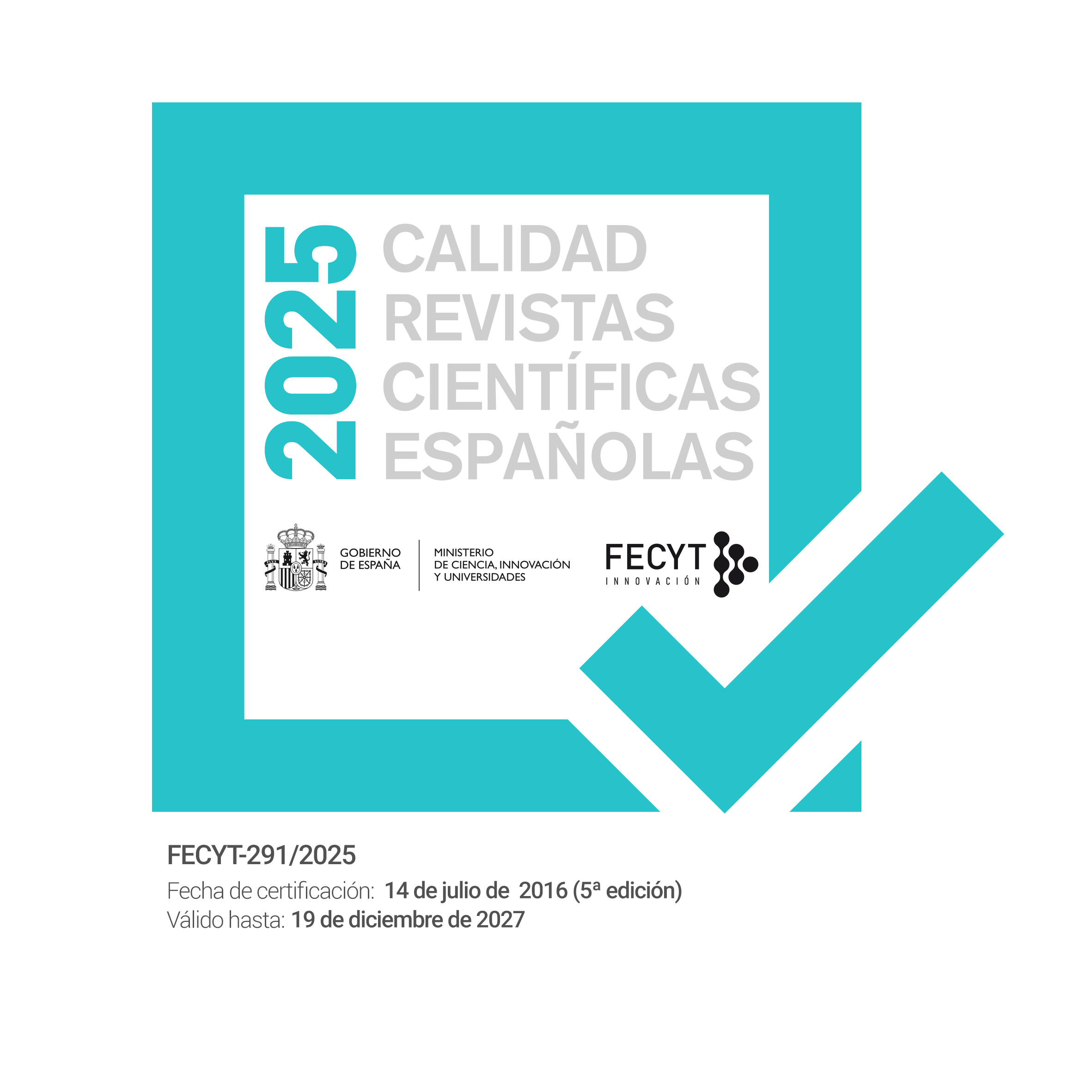La transferencia de los procesos de investigación en CSCL a las dinámicas de formación. Un análisis de un caso en la Universidad de Valladolid / Transfer processes research in CSCL to training. An analysis of a case in University of Valladolid
Keywords:
Ciclo completo CSCL, Proyecto SOFOCLES, Orquestación, Campus Virtuales, Interoperabilidad / CSCL-Life-Cycle, SOFOCLES Project, Orchestration, Virtual Campus, InteroperabilityAbstract
En este artículo realizamos un análisis de la diferencia entre el desarrollo educativo y tecnológico. Analizaremos la escasa complejidad que implican los sistemas tradicionales de formación en las Universidades, especialmente en las españolas y los avances que se han desarrollado en el ámbito de la tecnología educativa. La concepción del trabajo sobre CSCL (Computer Supported Collaborative Learning) del grupo de investigación GSIC-EMIC de la Universidad de Valladolid (UVA) ha supuesto la definición de un marco general para el diseño, implementación, seguimiento y orientación, así como evaluación del ciclo de vida de un proceso educativo colaborativo apoyado en tecnología. Dicha dinámica establece una serie de requerimientos muy distintos a los que las apuestas clásicas han propuesto tradicionalmente en las instituciones universitarias. Abogamos en este artículo por un cambio hacia la colaboración apoyada en la implementación de nuevos modelos pedagógicos y recursos que ayuden, no que entorpezcan dicho proceso. Así mostraremos un marco general que ayuda a la orquestación de estos procesos creado por nuestro grupo de investigación.
Abstract
In this paper, we present an analysis of the differences between status of the educational and technological development, as well as the advances in the field of educational technology in higher education with special emphasis on Spanish universities. The global viewpoint and the recent work on CSCL (Computer Supported Collaborative Learning), of the research group GSIC/EMIC at the University of Valladolid (UVA), has motivated the definition of a framework on the design, implementation, analysis and regulation, as well as the evaluation of the lifecycle of collaborative educational process based on technology. Such a proposal establishes a series of requirements, which are considerably separated from the classical approaches adopted by the university institutions. In this document, we suggest a change towards collaboration, supported by the implementation of new pedagogical models and resources.
Downloads
Downloads
Published
Issue
Section
License
Authors who publish in this journal accept the following conditions:
1. The Author retains copyright in the article. Upon acceptance of the article, the author shall grant to the Publisher the right of first publication of the article. with the dcoument registered with the Creative Commons Attribution-NonCommercial-NoDerivative 4.0 International (CC BY-NC-ND) license, which allows to third parties to use what is published whenever they mention the authorship of the work and the first publication in this journal.
2. Authors can make other independent and additional contractual agreements for the non-exclusive distribution of the article published in this journal (eg, include it in an institutional repository or publish it in a book) provided they clearly indicate that the work was published for the first time in this journal.
3. Authors are allowed and recommended to publish their work on the Internet (for example on institutional or personal pages) before and during the review and publication process, as it can lead to productive exchanges and a greater and faster diffusion of published work (see The Effect of Open Access).









